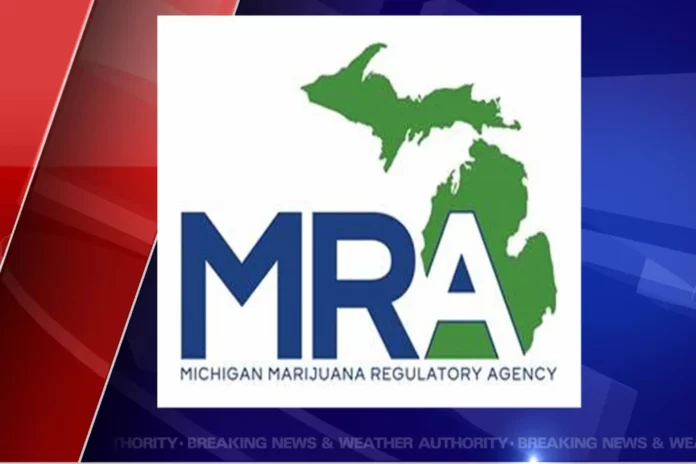MRA Michigan: Michigan’s marijuana industry has experienced significant growth and transformation since the legalization of medical and recreational cannabis. At the heart of this evolving landscape lies the MRA Michigan Marijuana Regulatory Agency. This article aims to provide an in-depth exploration of the MRA, its role in regulating the cannabis market, its impact on public safety, and its contributions to the economic development of the state.
The Birth of the MRA
In 2019, the Michigan legislature created the MRA Michigan Regulatory Agency as part of the Department of Licensing and Regulatory Affairs (LARA). The establishment of the MRA marked a pivotal moment in Michigan’s approach to regulating the cannabis industry, providing a dedicated entity responsible for overseeing licensing, compliance, and enforcement.
Regulating Medical and Recreational Cannabis
The MRA Michigan plays a crucial role in regulating both the medical and recreational cannabis markets in Michigan. It administers the licensing process for cannabis businesses, including growers, processors, retailers, secure transporters, and safety compliance facilities. Through its oversight, the MRA ensures compliance with state laws and regulations, safeguarding public health and safety.
Licensing and Compliance
The MRA is responsible for establishing and implementing a comprehensive licensing system for cannabis businesses. This process involves rigorous application review, background checks, and adherence to strict regulations pertaining to security, inventory tracking, testing, labeling, and packaging. By issuing licenses and enforcing compliance, the MRA ensures that businesses operate safely and responsibly.
Public Safety and Consumer Protection
The MRA prioritizes public safety and consumer protection within the cannabis industry. It sets standards for testing and quality control, ensuring that cannabis products are free from harmful contaminants and accurately labeled with potency information. The MRA also oversees the implementation of strict security protocols to prevent unauthorized access, diversion, and the illegal sale of cannabis.
Social Equity and Inclusion
An important aspect of the MRA’s mission is promoting social equity and inclusion within the cannabis industry. The agency actively seeks to reduce barriers to entry for individuals from communities disproportionately affected by cannabis prohibition. It provides resources, assistance, and support to social equity applicants, fostering a more diverse and representative industry landscape.
Collaboration and Education
The MRA Michigan collaborates with various stakeholders, including industry professionals, local governments, law enforcement agencies, and community organizations. This collaboration facilitates the sharing of knowledge, best practices, and regulatory updates. The MRA also engages in educational initiatives to inform the public, cannabis businesses, and consumers about rules, regulations, and responsible cannabis use.
Economic Impact and Revenue Generation
Michigan’s legal cannabis market has had a significant economic impact on the state. The MRA’s role in regulating and licensing cannabis businesses has contributed to job creation, increased tax revenue, and economic development. By fostering a well-regulated industry, the MRA has helped stimulate investment, entrepreneurship, and business growth within Michigan’s cannabis sector.
Challenges and Future Outlook
The MRA faces various challenges as the cannabis industry continues to evolve. It must navigate changes in legislation, address emerging issues, and adapt to new market dynamics. Additionally, ensuring equitable access to licensing, addressing supply and demand imbalances, and combating the illicit market are ongoing priorities for the agency. The MRA will continue to play a pivotal role in shaping Michigan’s cannabis industry in the years to come.
Continued Regulation and Improvement
As Michigan’s cannabis industry matures, the MRA remains committed to refining its regulatory framework. The agency actively seeks feedback from stakeholders and continually assesses its policies to enhance efficiency, transparency, and effectiveness. By fostering a collaborative and responsive approach, the MRA aims to strike a balance between regulation and industry growth while prioritizing public safety and social equity.
Conclusion
The MRA Michigan Marijuana Regulatory Agency has emerged as a key player in shaping and overseeing the state’s cannabis industry. Through its comprehensive regulatory framework, the MRA ensures compliance, promotes public safety, fosters social equity, and contributes to the economic development of Michigan. As the industry evolves, the MRA’s role will continue to evolve, adapting to new challenges and opportunities while upholding the principles of responsible and sustainable cannabis regulation.





